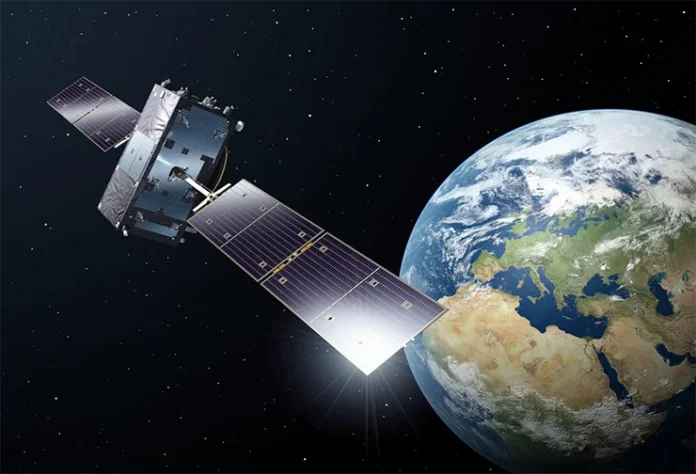New Delhi: India is not behind any world power, including China, in technical capability although the country needs to build scale, said NITI Aayog member and defence scientist V.K. Saraswat in an interview.
India’s effort is to capture a larger share of the global space economy and that its space missions have one key goal—unlocking access to critical minerals, Saraswat said. The new era of space—the unfolding of Space 4.0, which all nations want to be part of—offers a market, he said, adding that this justifies India’s efforts to capture at least 10% of that market.
According to InvestIndia, a state agency facilitating investments, India’s space sector, which was at 2-3% or $9.6 billion of the global space economy in 2020 is set to reach up to 10% by 2030.
“I am quite certain that the future programmes India is planning to do, for example, the Gaganyaan (manned space mission), the mission to Venus and the mission to Mars will all certainly have a huge participation of the private sector by way of supply of sub-systems, components and devices, and also they may become joint partners in some of the major launches which are precursors to this,” said Saraswat.
With the completely indigenous Chandrayaan-3 landing on the south pole of the moon, India has emerged as a very strong and self-reliant space power, the former chief of Defence Research and Development Organisation (DRDO) said. “It is a technological feat that India has achieved. A mission of this kind has tremendous impact as far as the nation’s psyche is concerned, particularly the industry, the startups and the academia,” he added.
He highlighted that the private companies have already been participating in the development of various systems, sub-systems, components and now, even some of the fully integrated vehicles. This, of course, is the result of the space policy the government enunciated about two years ago, when it opened up the space sector to private enterprises, he pointed out. Elaborating further he said that this has led to the emergence of several private companies to work in the areas of satellites, launch vehicles and subsystems for space technologies, to the extent that currently, there are companies that are willing to design rocket engines. There are also companies which make nano satellites, mini satellites, micro satellites and use the vehicles of the Indian Space Research Organisation (ISRO) for launching them into space.
“I want to tell you, as far as space technology is concerned, today, I think we are at par with the best in the world. Only thing is our scale has to be increased, nothing else. Succeeding in Gaganyaan, the mission sending man to space, would be the next major achievement for us,” he said, explaining that it will open up further possibilities of having a space station or deep space probes. “That is the only area where we need to now demonstrate. For launching, we have got the biggest launch vehicle today available, which is equivalent to the best in the world today. We can go to 5 tons of payload,” Saraswat said.
Rejecting the notion that China’s space programme is ahead of India, he drew attention to the fact that India is capable of building all kinds of satellites for defence and civil applications.





